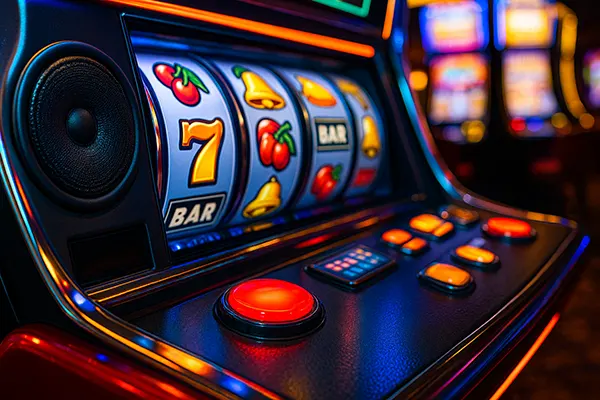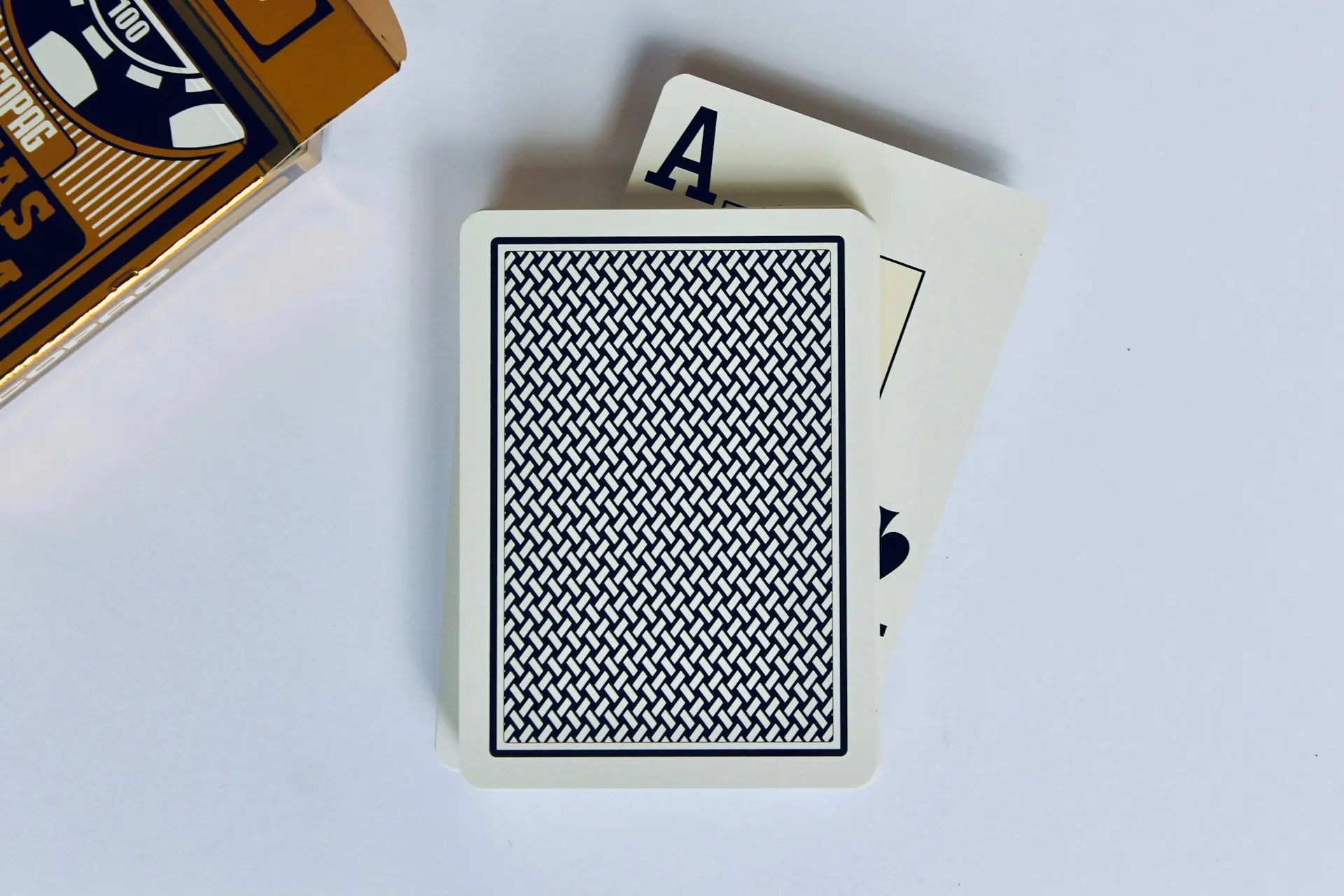
How Slot Machines Use Sound to Amplify Player Emotions
How Slot Machines Use Sound to Amplify Player Emotions
Modern slot machines are far more than reels and graphics. One of the most powerful tools they use to influence behaviour and heighten engagement is sound. Music and sound effects are strategically designed to evoke emotion, guide decisions and create immersive experiences that keep players returning. As of February 2025, sound design in slots has reached new levels of sophistication, merging psychology, game theory and audio engineering.
The Psychology Behind Slot Machine Sound Design
Sound is not a passive feature in slot machines; it actively shapes the player’s emotional journey. Studies in behavioural psychology have shown that auditory stimuli can reinforce reward-based behaviours. In slots, a win — even a minor one — is accompanied by celebratory jingles, coin sounds or rising pitch melodies. These sounds stimulate the brain’s reward system and can increase dopamine levels, contributing to a sense of pleasure.
Crucially, these sounds are not random. Game developers work with psychologists and musicians to compose tunes that align with player expectations. For example, high-frequency, upbeat tones are associated with success and excitement, while lower, softer tones are reserved for losses to soften disappointment and keep the player emotionally balanced.
Sound also guides the pace of play. A faster tempo encourages quicker decisions, while strategic silences may give players a brief moment to reset. This emotional modulation is essential for maintaining engagement without causing fatigue or overwhelming the senses.
Neurological Impact of Audio Feedback
The human brain processes auditory cues faster than visual ones. Slot machines exploit this by providing instant feedback through sound, reinforcing the illusion of control and progress. For example, even when a spin results in no payout, partial win sounds or anticipatory music may play as the reels slow down, maintaining the sense of suspense.
These anticipatory cues trigger what’s known as “near-miss” responses, where players feel they almost won. From a neurological perspective, near-misses activate similar brain regions as actual wins, which is why players often continue playing despite repeated losses.
Moreover, repeated exposure to consistent sound patterns can lead to conditioned responses. This means that players begin to associate specific audio cues with excitement, encouraging further engagement even when financial rewards are minimal or absent.
Adapting Music to Player Behaviour in Real Time
Advanced slot machines in 2025 are equipped with adaptive sound systems. These systems respond to player behaviour — such as speed of play, bet size or session duration — and adjust audio output accordingly. For example, a prolonged session might lead the system to introduce more soothing background music to reduce fatigue, while a sudden increase in bets could trigger more intense, triumphant sound effects.
This dynamic soundscape is made possible through real-time data processing and AI-driven algorithms. The machine “learns” the player’s patterns and customises the auditory experience to enhance mood or maintain a psychological state that favours continued engagement.
Sound adaptation also prevents repetitiveness. When music and effects remain fresh, players are less likely to become desensitised or bored. This helps prolong gameplay while reducing the likelihood of players perceiving the game as stale or predictable.
Personalisation and Emotional Resonance
Some slot titles now allow for custom audio themes based on user preferences. Whether it’s jazz, electronic, or classical, personalised soundtracks enhance emotional connection and increase user satisfaction. By allowing players to engage with familiar or favourite music genres, developers add an extra layer of immersion.
Additionally, slot soundtracks are often composed in minor or major keys depending on the intended emotional arc of the session. A major key might signify optimism and reward, while a minor key can evoke tension or anticipation. This musical nuance helps structure the experience in a way that resonates on an emotional level.
Beyond the choice of music, the sound effects for spins, wins and bonuses are now often designed to mimic those found in video games or cinema, creating a higher level of audio fidelity and emotional realism.

Balancing Entertainment and Responsibility
While sound design in slots is primarily aimed at engagement, it also plays a role in responsible gaming. Developers are increasingly aware of the potential for sound to overstimulate or mislead. As of early 2025, regulations in several countries require sound cues to accurately reflect win probabilities and outcomes.
This includes avoiding celebratory sounds for losses disguised as wins (LDWs), where a payout is less than the original bet but still triggers positive feedback. Ethical sound design helps maintain transparency and player trust while still delivering an engaging experience.
Game designers now work closely with regulators and behavioural scientists to create audio landscapes that are compelling but not manipulative. Some slots even include customisable volume settings or auditory timers that gently remind players of play duration.
The Future of Sound in Slot Development
Looking ahead, virtual reality and augmented reality slots are poised to further revolutionise audio design. In immersive environments, 3D audio will provide spatial cues — such as the sound of coins falling behind the player or music coming from a virtual crowd — deepening the sense of presence.
Moreover, biometric feedback such as heart rate or facial recognition could one day allow slots to tailor sound in response to physical indicators of stress or excitement. This level of interactivity opens new possibilities for entertainment, but also raises important questions about ethics and player protection.
Ultimately, sound in slot machines is no longer just a background feature. It’s a core part of game mechanics, psychology and player experience — evolving constantly with technology and insights into human behaviour.



